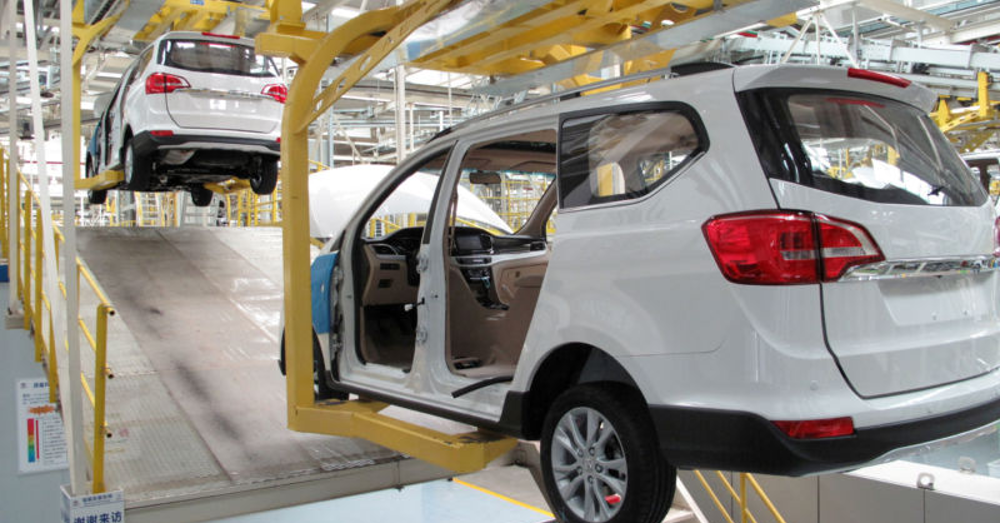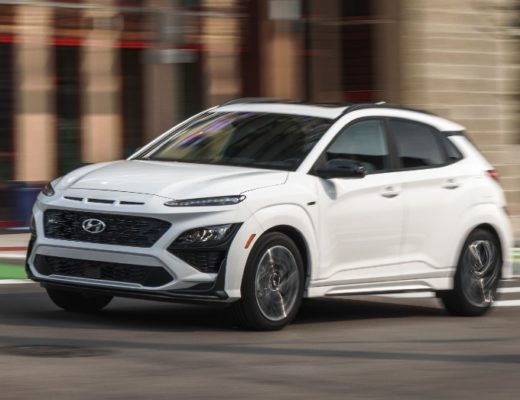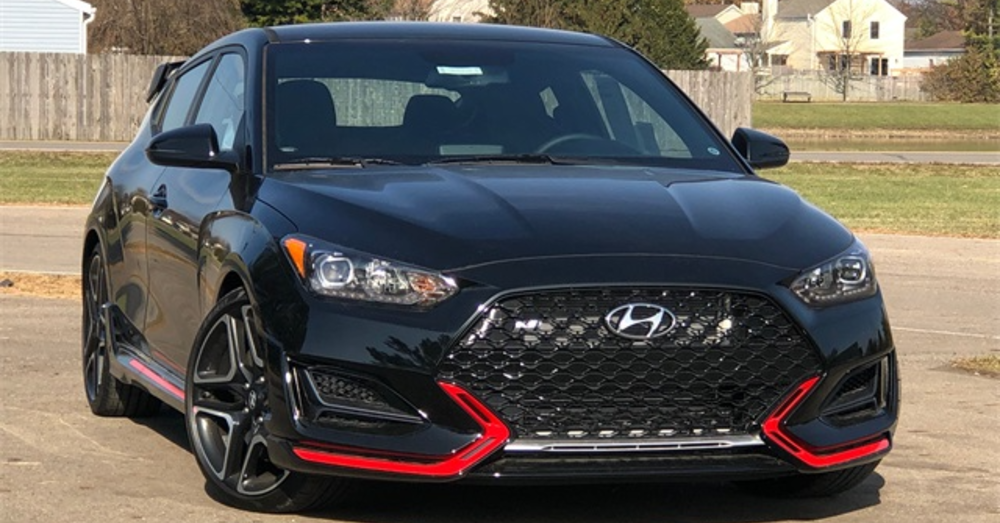No matter how you personally look back at the past two years, you can certainly see how the auto industry has been changed during 2021.
The changes began in 2020 with panic and pandemic that caused automakers to cancel orders with suppliers only to find out they needed these orders because dealerships found ways to sell vehicles without the traditional interaction with customers. Events that unfolded in 2021 created massive shortages in the industry but also showed automakers that consumers were going to buy vehicles, even if the prices were higher than normal.
Some Automakers Will Continue to Run Lean
Prior to the pandemic, most dealerships would have as much as 75 days worth of inventory on hand. That means a vehicle would sit on the lot for as much as two and a half months before it was sold. The pandemic and rabid demand for new models proved that automakers could likely cut this number down to 50 days and still have plenty of inventory to meet the demand.
Ford is one of the automakers studying this possibility, which would mean fewer possibly left-over vehicles at the end of a model year and better profits. This brand is also kicking around the idea of moving to more of an order-based system, which is something we already see taking place with companies such as Tesla.
Aggressive Movements in the Auto Industry

While the changes we’re going to see in the market didn’t begin with a new President being elected, the fact that President Biden was vocal about wanting the entire federal government fleet to be replaced with electric vehicles showed executive support for the development of zero-emissions vehicles during the next several years.
With this in mind, we’ve seen many automakers working to transform their offerings from gasoline models to EVs. This was part of why automakers, such as GM and Ford, began to reduce less-profitable models from their vehicle lineups over the past few years.
Not only are traditional automakers making the change to electric vehicles, but we also see the growth of Tesla to be highly valued and the expansion of Rivian with a new plant and a stock offering that was extremely popular as soon as it was offered. These changes give us the idea that the future of the auto industry just might rest squarely on the shoulders of EVs that will be built over the next several years.
Traditional Automakers Need Their Hands to be Forced
Could the global shutdown become a good thing? Probably not, there were jobs lost and lives lost because of the COVID-19 pandemic. Could the semiconductor shortage become a historic positive for the auto industry? Yes, it could, and here’s why.
As mentioned, Ford and other automakers will begin to experiment with keeping lower inventory numbers at dealerships and going to a partial order-only process for some vehicles. This could benefit every aspect of the industry, and it was forced by the semiconductor shortage, which left many dealers without the inventory numbers they were accustomed to.
Even if prices come back down to pre-pandemic levels, lower inventory numbers mean a more efficient selling process, smaller dealership locations, and reduced overall costs. That could be a huge benefit to everyone in the industry.
Automakers are Taking Measures to Protect Their Interests
In 2008, we saw an unprecedented global automotive crisis within the economy. The glut of the industry caused many of the brands and models we had enjoyed for a long time to be deleted and for the Detroit Big Three to ask Congress to bail them out. Since that time, safeguards have been put in place to avoid this ever happening again.
Unfortunately, no one could have predicted the COVID-19 pandemic or the semiconductor shortage that occurred. In response to this, and because automakers are becoming more dependent on these chips and the batteries needed for EVs, many automakers are building facilities closer to where they will sell vehicles to make these components.
Toyota already has announced a new $1.29 billion battery plant in North Carolina, and we can expect the same to happen for some of the other traditional brands in the market.
Will SPACs Work or Fizzle Out?
The past several months, dating back to the latter part of 2020, we have seen many of the new EV companies going public by using special purpose acquisition companies (SPACs). These financial movements might put some pressure on traditional companies, but not all of the names that use this process will succeed.
What companies have used SPACs to support the financing needed? Some of the names you might hear include Solid Power, Charger Point, Lordstown Motors, Canoo, Electric Last Mile Solutions, Faraday Future, and Lucid Group. If you were wondering about Rivian, they went public with an IPO instead of one of the SPACs.
Will Prices Return to Pre-COVID Levels?

As with anything else when prices go up, they rarely come back down. This is certainly the case in a world where the manufacturers have control over the supply offered. High demands for new vehicles have resulted in record-high prices for new models.
According to JD Power, across the entire auto industry, nearly 89 percent of new vehicles bought in December 2020 were sold near or above the MSRP, which is much greater than the 12 percent reported for the same month of 2019.
Some of the price increase will likely be permanent, but the average price might come back down a little. Couple this with the lower inventory levels, and we will see an entirely different landscape at car dealers going forward.
The Changes Aren’t Over
With the changes that were caused by the pandemic, along with the pressure of new automakers arriving that will focus on EVs only, many automakers will continue to improve and change the way they do business. Expect to see these differences over the next several years and into the next decade, creating an entirely new auto industry for consumers to learn to navigate.




